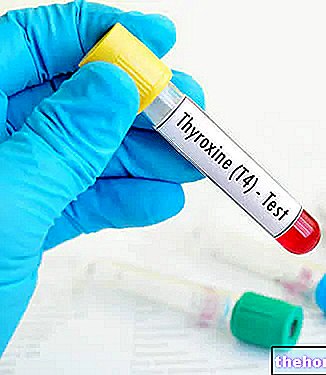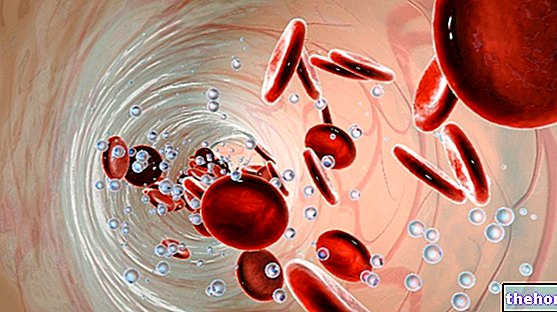Generality
Cystatin C is a detectable protein in the blood, which provides information on the state of renal function.

What's this
Cystatin C is constantly produced by all types of nucleated cells in the body.
Its relatively small molecular mass (120 amino acids) allows:
- Easy filtration by the glomerular membranes of the kidney;
- Rapid reabsorption and metabolization by tubular cells.
The rate at which the liquid - in which Cystatin C is also found - is filtered by the kidneys is called the glomerular filtration rate (GFR).
A decrease in kidney function leads to a decrease in GFR and an increase in blood Cystatin C and waste compounds, such as creatinine (a product of muscle metabolism, measurable in the blood and urine).
Unlike creatinine, Cystatin C is not significantly affected by muscle mass (sex or age) and diet (especially protein).
















.jpg)











